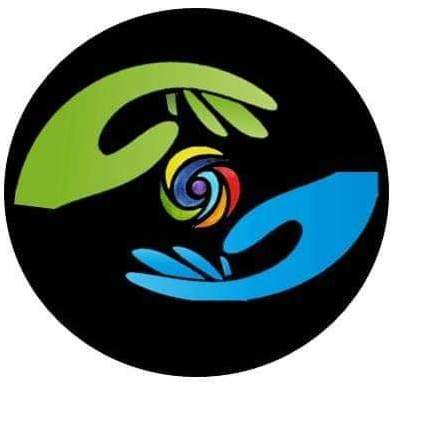A WARM WELCOME TO HEALING HOLISTICALLY
Your trusted Specialist Wellness Counsellor
I am a specialist wellness counsellor registered with the Association for Supportive Counsellors and Holistic Practitioners (ASCHP).
As a specialist wellness counsellor, I am trained in managing the following:
-
Anger
-
Domestic abuse
-
Stress and anxiety
-
Student distress
-
Self-esteem
-
Addiction
-
Chronic illnesses
-
Grief
-
Depression
-
Body-focused behaviours
When we’re so used to giving, it becomes difficult to take a step back and take time for ourselves. We may think our acts of self-compassion are selfish, making us prone to feelings of guilt. But identifying that you need to take some time is a step in the right direction. Consider a young baby who is able to differentiate between self and non-self touch or an infant who starts recognising themselves rather than just seeing the reflection. This is one of the first steps in self-awareness and is part of normal development.
There are two types of self-awareness: Public and private, each leading to its respective type and level of self-consciousness. Public self-awareness refers to your perceived image by others. This may result in adhering to social norms as we feel we are being watched constantly. This may however lead to anxiety and possibly exhaustion as you are constantly trying to adapt to another person’s personality in order to “fit in.” You may feel like you’re being judged.
Private self-awareness is internal consciousness of personal thoughts, beliefs, feelings, or sensations often in a private setting and therefore hidden. It may be that you’re aware of an intrusive thought which is present, or your stomach going in a knot when sensing danger. If you’re more self-aware, your personal state, experiences and a deeper understanding of self allows you to stick to your values as you know how your actions make you feel. However, as human beings we tend to focus on the negative and therefore those thoughts may manifest physically.
As you become more aware of yourself, you are more likely to understand who you are, your purpose, how you feel and the reason you do things that you do. So, how do you become more self-aware? It occurs with increased mindfulness, self-compassion, reflection and feedback. We are all unique so find out the best strategy to improve these areas and what works FOR YOU. Examples include meditation, journaling or talk therapy. It is also dependent on the boundaries you set personally and with others. A lack of personal boundaries may leave you feeling empty and result in people-pleasing behaviours. Lack of interpersonal boundaries increases feelings of burnout.
Give yourself the dedicated space and time to find out who you are. Be present in the moment and don’t pass judgement upon yourself. You’re only learning after all and learning is forever. Reflection is an excellent way to identify what you have learned, and how you can improve. And yes, sometimes that does mean cutting the cords which may be hindering you from moving on in life. Identify what no longer serves you and aligns with what you want or believe. Speak your truth and don’t look back. It will only delay you reaching your goals and full potential.
Give yourself a mindful embrace. Be present in the moment, completely and non-judgementally. Embrace your whole being. Your imperfections make you human but don’t define you. Most people like a warm embrace. You feel welcome and accepted. So when we tell people “take care of yourself” we should practice what we preach and do just that but for ourselves once in a while too. Accept yourself for who you are, be confident in your potential and know that you are worthy of this journey of self-discovery. By helping yourself, you are helping others too!
